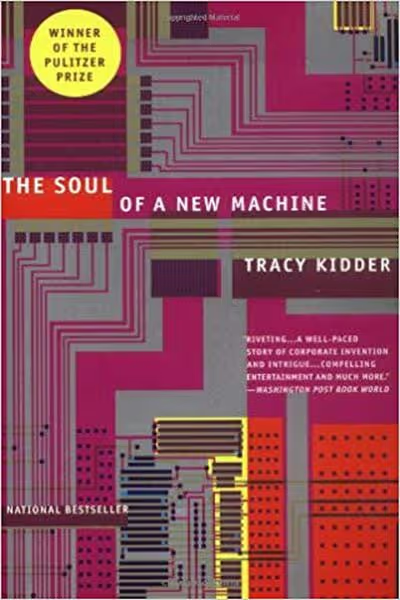The Reckonings
This extraordinary, timely new collection of essays by the award-winning writer of The Other Side—rooted in her own experience with sexual assault—pursues questions of justice, sexual violence, and retribution.
In 2014, Lacy Johnson was giving a reading from The Other Side, her “instant classic” (KirkusReviews) memoir of kidnapping and rape, when a woman asked her what she would like to happen to her rapist. This collection, a meditative extension of that answer, draws from philosophy, art, literature, mythology, anthropology, film, and other fields, as well as Johnson’s personal experience, to consider how our ideas about justice might be expanded beyond vengeance and retribution to include acts of compassion, patience, mercy, and grace.
From “Speak Truth to Power,” about the condition of not being believed about rape and assault; to “Goliath,” about the concept of evil; to “Girlhood in a Semi-Barbarous Age,” about the sacred feminine, “ideal woman,” and feminist art, Johnson creates masterful, elaborate, gorgeously written essays that speak incisively about our current era. She grapples with justice and retribution, truth and fairness, and sexual assault and workplace harassment, as well as the broadest societal wrongs: the BP Oil Spill, government malfeasance, police killings. The Reckonings is a powerful and necessary work, ambitious in its scope, which strikes at the heart of our national conversation about the justness of society.
My husband says time heals all wounds. I nod my head. But deep down I know this isn’t really true. The wounds change shape, change forms. Pain appears as a gash, then a cut, then a scab, then a scar—all near-synonyms extending on and on along the signifying chain.






















































